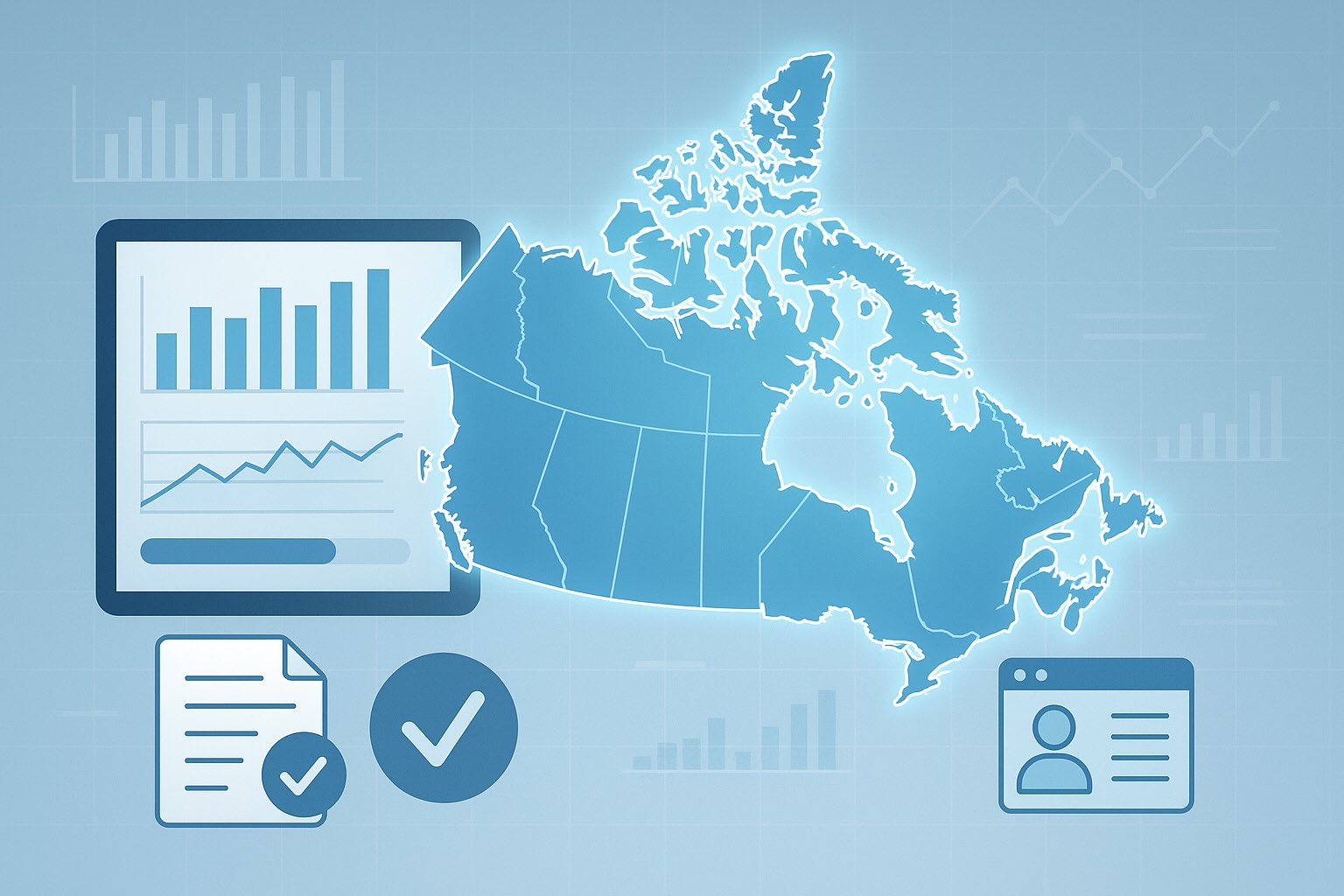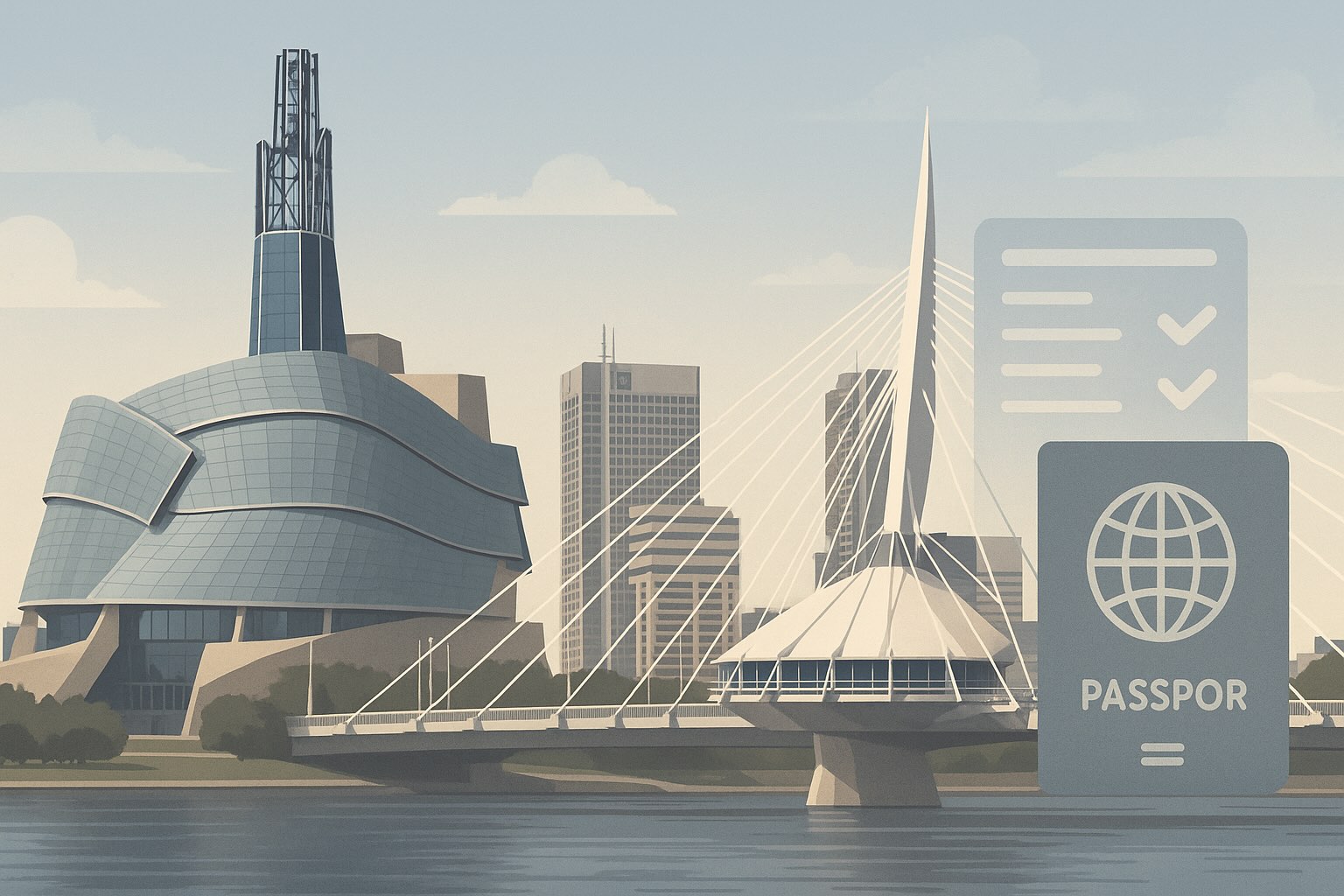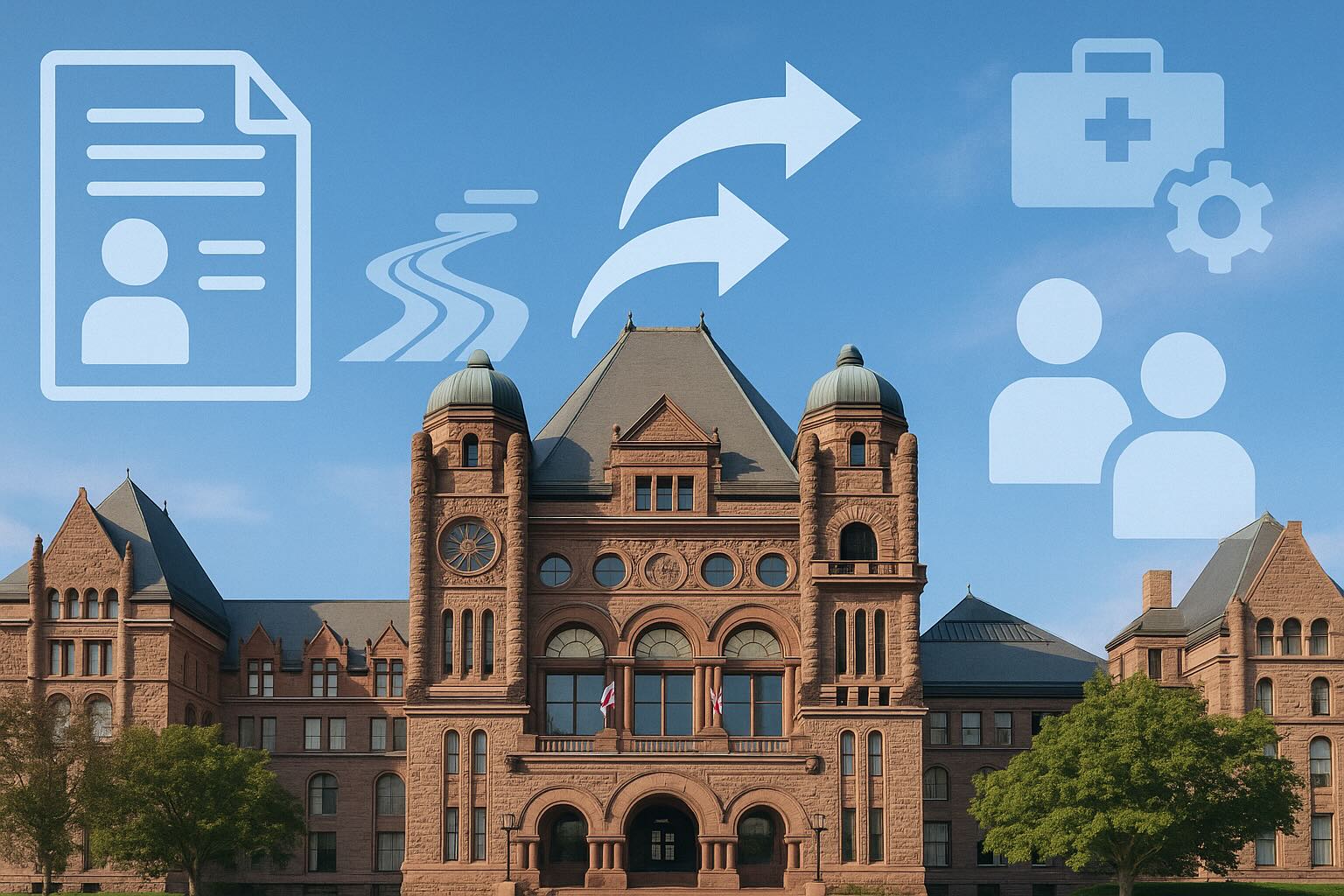Background of the New Policy
Starting from December 17, 2024, IRCC will include new programs in the education field under the eligibility criteria for the PGWP. This expansion builds upon the original policy announced on October 4, 2024. Previously, PGWP-eligible programs were divided into five major categories: agriculture and food, healthcare, science, technology, engineering, and mathematics (STEM), skilled trades, and transportation. The introduction of “Education” as the sixth category formally adds it to the PGWP eligibility scope.
PGWP-Eligible Fields of Study Now Include:
- Healthcare
- STEM (Science, Technology, Engineering, and Mathematics)
- Trade
- Transportation
- Agriculture and Agri-Food
- Education
New Programs now Eligible for a PGWP under the Education Field of Study
According to the Canadian Classification of Instructional Programs (CIP), the following education-related programs are now recognized as PGWP-eligible:
- Early Childhood Education and Teaching - CIP Code: 13.1210
- Child Development - CIP Code: 19.0706
- Child Care and Support Services Management - CIP Code: 19.0708
- Child Care Provider/Assistant - CIP Code: 19.0709
- Early Childhood and Family Studies - CIP Code: 19.0711
- Teaching Assistants/Aide, General - CIP Code: 13.1501
- Developmental Services Worker - CIP Code: 19.0710
- Montessori Teacher Education - CIP Code: 13.1207
- Waldorf/Steiner Teacher Education - CIP Code: 13.1208
Eligibility Scope and Timeline
In September 2024, IRCC announced that international students must graduate from programs related to occupations in long-term labor shortages to qualify for PGWP. Students who applied for their study permits before November 1, 2024, are not required to meet these program field requirements. However, if they apply for new study permits (e.g., due to changing schools and/or programs) after this date, they must meet the field-specific requirements.
These field requirements do not apply to undergraduate, master’s, or doctoral graduates but are instead applicable to international students graduating from college programs or university vocational courses. Additionally, IRCC has introduced new language proficiency requirements for PGWP applications, which vary depending on the level of education completed by the student.
Significance of the PGWP
The PGWP is an open work permit that allows international graduates who have completed eligible programs to work for most Canadian employers across various industries. The duration of the work permit depends on the length of the study program, usually ranging from 8 months to 3 years. The Canadian work experience gained through the PGWP helps graduates improve their competitiveness in applying for permanent residency, particularly under the Canadian Experience Class (CEC) immigration program.
Policy Impact
Including the education field not only provides more employment opportunities for international students but also addresses Canada’s urgent demand for early childhood and special education professionals. This initiative is expected to further strengthen Canada’s position as a popular destination for international study and immigration.
Through this expanded policy, international students can more flexibly select programs that align with their interests and career goals while leveraging the PGWP to pave the way for long-term immigration to Canada.









